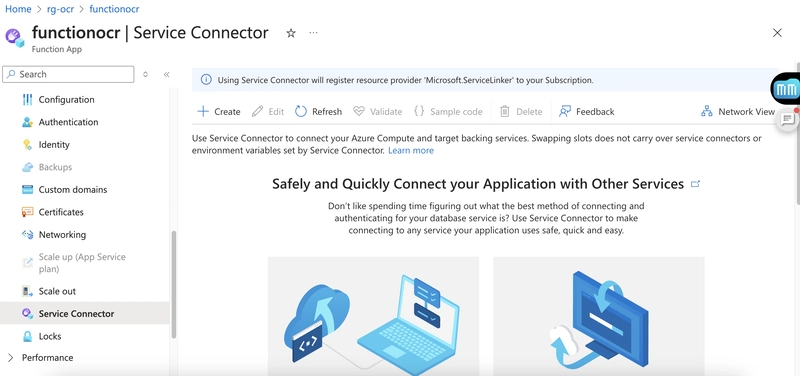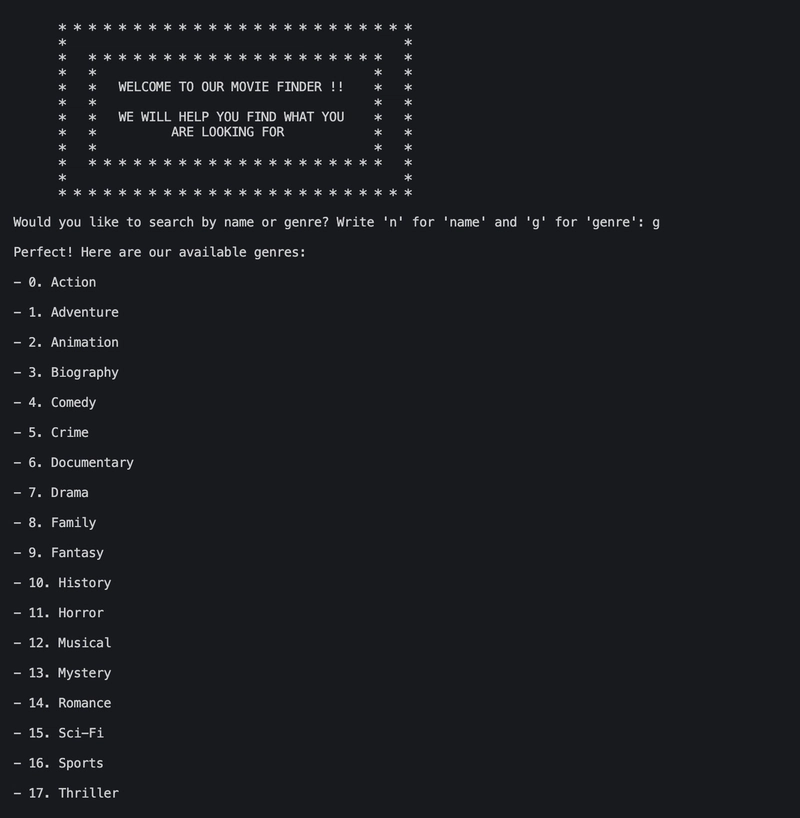Things You Can Automate with Bash for IT Support
Bash scripting is a game-changer for IT support teams. It helps automate repetitive tasks, saving time and reducing errors. If you’re working in IT, here’s a single script that automates multiple essential tasks. Complete Bash Automation Script #!/bin/bash # Function to create a new user create_user() { read -p "Enter username: " username sudo useradd -m $username echo "User $username created." sudo passwd $username } # Function to create multiple users from a file bulk_create_users() { while read user; do sudo useradd -m "$user"; done < users.txt } # Function to update system and install essential packages update_system() { echo "Updating system..." if [[ -f /usr/bin/apt ]]; then sudo apt update && sudo apt upgrade -y sudo apt install -y vim curl wget git elif [[ -f /usr/bin/yum ]]; then sudo yum update -y fi } # Function to perform automated backups backup_system() { echo "Performing backup..." tar -czf /backup/home_$(date +%F).tar.gz /home/ } # Function to clean up logs cleanup_logs() { echo "Cleaning up logs..." find /var/log -name "*.log" -mtime +7 -exec rm {} \; } # Function to check system health system_health_check() { echo "Checking system health..." df -h free -m uptime } # Function to troubleshoot network network_check() { echo "Checking network status..." ping -c 4 google.com netstat -tulnp ip a | grep inet } # Function to monitor and restart a service monitor_service() { service_name="apache2" if ! systemctl is-active --quiet $service_name; then echo "$service_name is down. Restarting..." sudo systemctl restart $service_name fi } # Function to automate SSH login & remote command execution remote_command() { ssh user@remote-server "df -h" } # Run all functions create_user bulk_create_users update_system backup_system cleanup_logs system_health_check network_check monitor_service remote_command echo "All tasks completed successfully!"

Bash scripting is a game-changer for IT support teams. It helps automate repetitive tasks, saving time and reducing errors. If you’re working in IT, here’s a single script that automates multiple essential tasks.
Complete Bash Automation Script
#!/bin/bash
# Function to create a new user
create_user() {
read -p "Enter username: " username
sudo useradd -m $username
echo "User $username created."
sudo passwd $username
}
# Function to create multiple users from a file
bulk_create_users() {
while read user; do sudo useradd -m "$user"; done < users.txt
}
# Function to update system and install essential packages
update_system() {
echo "Updating system..."
if [[ -f /usr/bin/apt ]]; then
sudo apt update && sudo apt upgrade -y
sudo apt install -y vim curl wget git
elif [[ -f /usr/bin/yum ]]; then
sudo yum update -y
fi
}
# Function to perform automated backups
backup_system() {
echo "Performing backup..."
tar -czf /backup/home_$(date +%F).tar.gz /home/
}
# Function to clean up logs
cleanup_logs() {
echo "Cleaning up logs..."
find /var/log -name "*.log" -mtime +7 -exec rm {} \;
}
# Function to check system health
system_health_check() {
echo "Checking system health..."
df -h
free -m
uptime
}
# Function to troubleshoot network
network_check() {
echo "Checking network status..."
ping -c 4 google.com
netstat -tulnp
ip a | grep inet
}
# Function to monitor and restart a service
monitor_service() {
service_name="apache2"
if ! systemctl is-active --quiet $service_name; then
echo "$service_name is down. Restarting..."
sudo systemctl restart $service_name
fi
}
# Function to automate SSH login & remote command execution
remote_command() {
ssh user@remote-server "df -h"
}
# Run all functions
create_user
bulk_create_users
update_system
backup_system
cleanup_logs
system_health_check
network_check
monitor_service
remote_command
echo "All tasks completed successfully!"










































































































































































![[The AI Show Episode 142]: ChatGPT’s New Image Generator, Studio Ghibli Craze and Backlash, Gemini 2.5, OpenAI Academy, 4o Updates, Vibe Marketing & xAI Acquires X](https://www.marketingaiinstitute.com/hubfs/ep%20142%20cover.png)



























































































































![[FREE EBOOKS] The Kubernetes Bible, The Ultimate Linux Shell Scripting Guide & Four More Best Selling Titles](https://www.javacodegeeks.com/wp-content/uploads/2012/12/jcg-logo.jpg)



![From drop-out to software architect with Jason Lengstorf [Podcast #167]](https://cdn.hashnode.com/res/hashnode/image/upload/v1743796461357/f3d19cd7-e6f5-4d7c-8bfc-eb974bc8da68.png?#)






































































































.png?#)




.jpg?#)
































_Christophe_Coat_Alamy.jpg?#)







































































































![Rapidus in Talks With Apple as It Accelerates Toward 2nm Chip Production [Report]](https://www.iclarified.com/images/news/96937/96937/96937-640.jpg)









































































































































